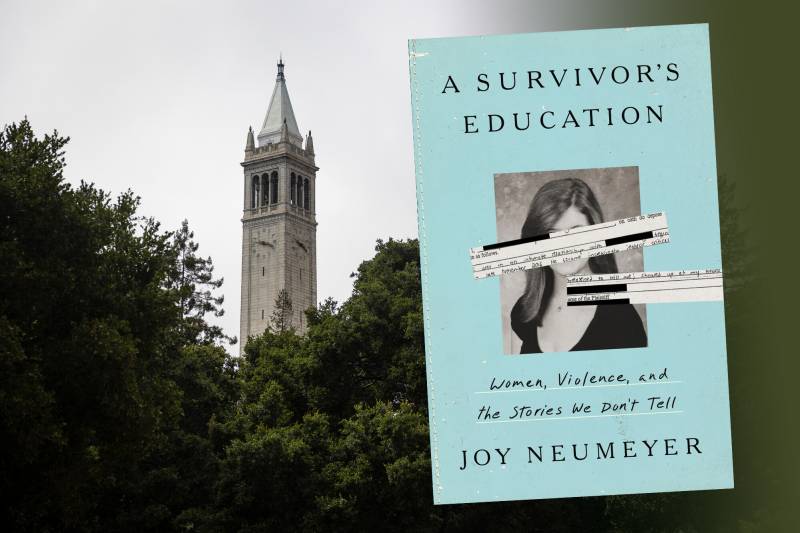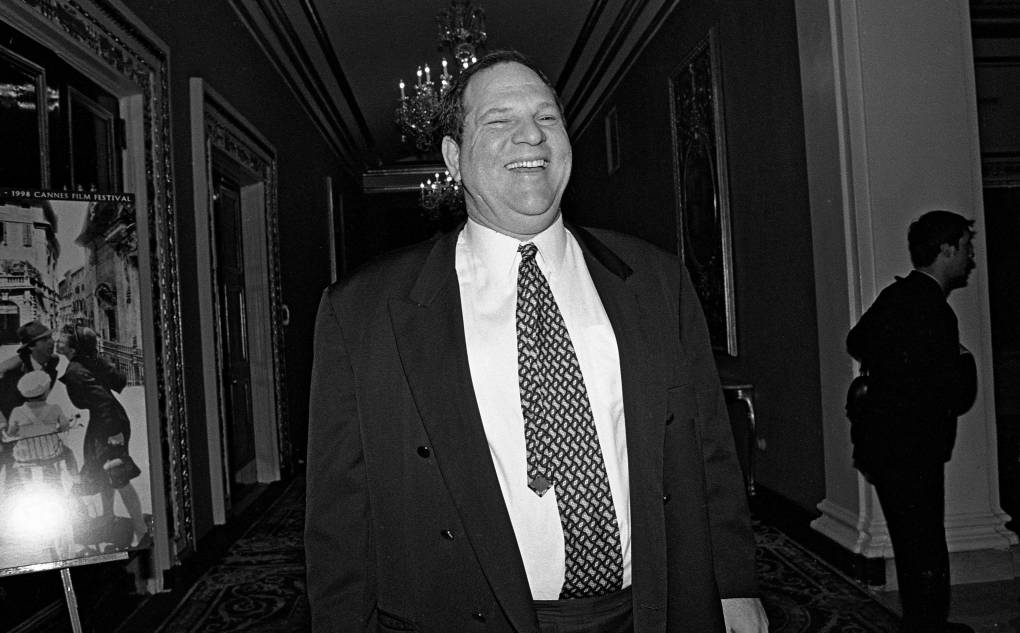Neumeyer’s partner at the time — referred to only as Daniel — was a man who was “disarmingly vulnerable and reassuring” the day she met him. He was a dear friend who became “the closest person in [her] life.” Only after three years of extremely close friendship did Neumeyer and Daniel become “enraptured with each other” as a couple. It was shortly after physical intimacy became part of their relationship that Neumeyer suddenly found herself on the receiving end of verbal tirades, guilt trips, death threats and waking up with Daniel’s hand around her throat.
In Neumeyer’s case, her roots with Daniel were so deep and his manipulations so pernicious, she first attributed his erratic mood swings to mental health issues and the disadvantaged background that Daniel said made him feel like an outsider. Neumeyer, like many people in similar situations, blamed herself for Daniel’s sudden change in behavior, thought her love and support could help him to stabilize, and feared revealing the extent of the abuse to friends lest they judge him too harshly. This despite the visceral fear she was living with daily. (“It’s like a solar eclipse,” she writes at one point, “the moment you realize that someone you trust might kill you.”)
In A Survivor’s Education, Neumeyer doesn’t just detail the degeneration of her relationship with Daniel. The book relays everything she learned in the process of extricating herself from him, as well as the arduous legal actions she was eventually forced to take to keep him at a safe distance from her. With a sense that they might assist others, Neumeyer even dutifully passes on the texts that most helped her understand her own predicament. These include: Lundy Bancroft’s Why Does He Do That? Inside the Minds of Angry and Controlling Men, Rebecca Solnit’s Men Explain Things to Me, and Deborah Blum’s Bad Karma: A True Story of Obsession and Murder. (The last book tells the story of Tanya Tarasoff, a Berkeley student who was murdered by her ex-boyfriend.)




